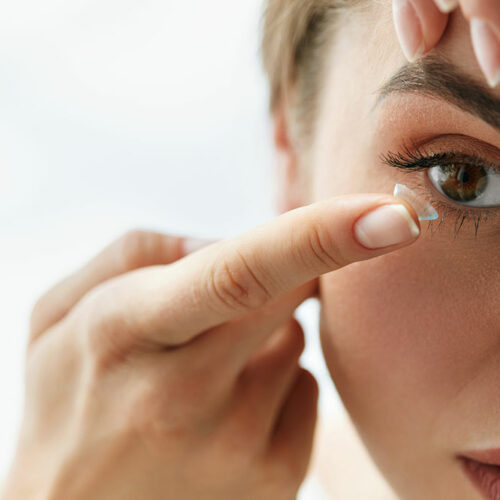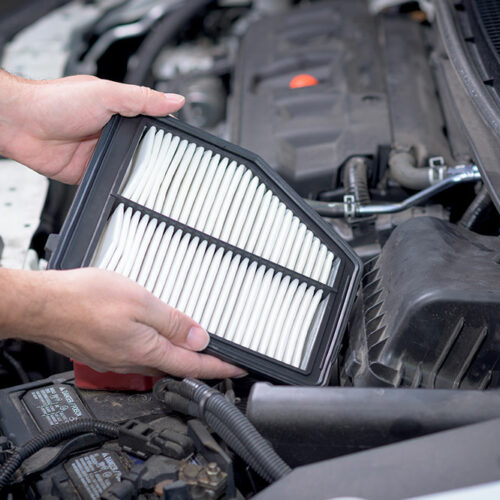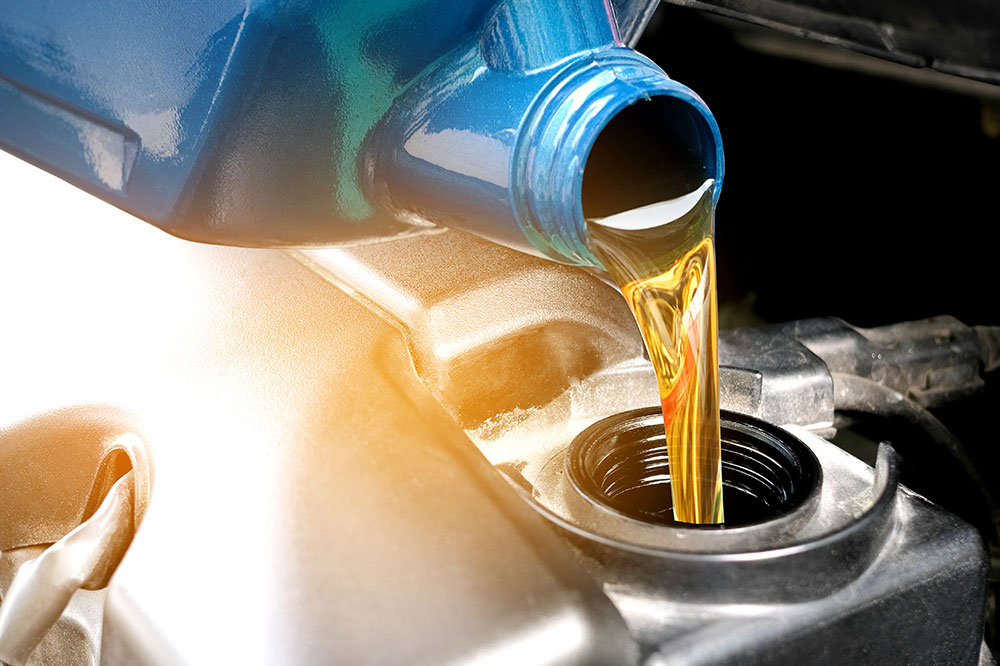5 best contact lenses to buy in 2021

Contact lenses have evolved. Initially, they were meant only for people with nearsightedness, farsightedness, or some other type of vision impairment. They could do what glasses did, only in a more sophisticated and appealing way. Today, however, contact lenses can be used by anyone to enhance their vision or just for fashion. Regardless, here’s a definitive list featuring the best contact lenses of 2021 that you can buy today. Biotrue ONEday contact lens This lens by Bausch & Lomb is an excellent choice if you put in long screen hours. It comes with Surface Active Technology that keeps your eyes 98% moisturized for up to 16 hours a day. This prevents itching and reduces the risk of long-term vision loss. Thanks to its unique peri-ballast design, the lens is a great option for patients with astigmatism. Acuvue Oasys with Hydraclear Plus contact lenses Comfort is a big thing when it comes to contact lenses. The Acuvue Oasys, which was released in 2005, doesn’t just lay great emphasis on comfort but delivers as well. In 20 clinical studies, seven out of 10 patients said that the Acuvue Oasys was the most comfortable contact lens they had ever worn! It works on the patented Hydraclear Plus that makes you feel like you’ve just put the lenses on even after hours.






